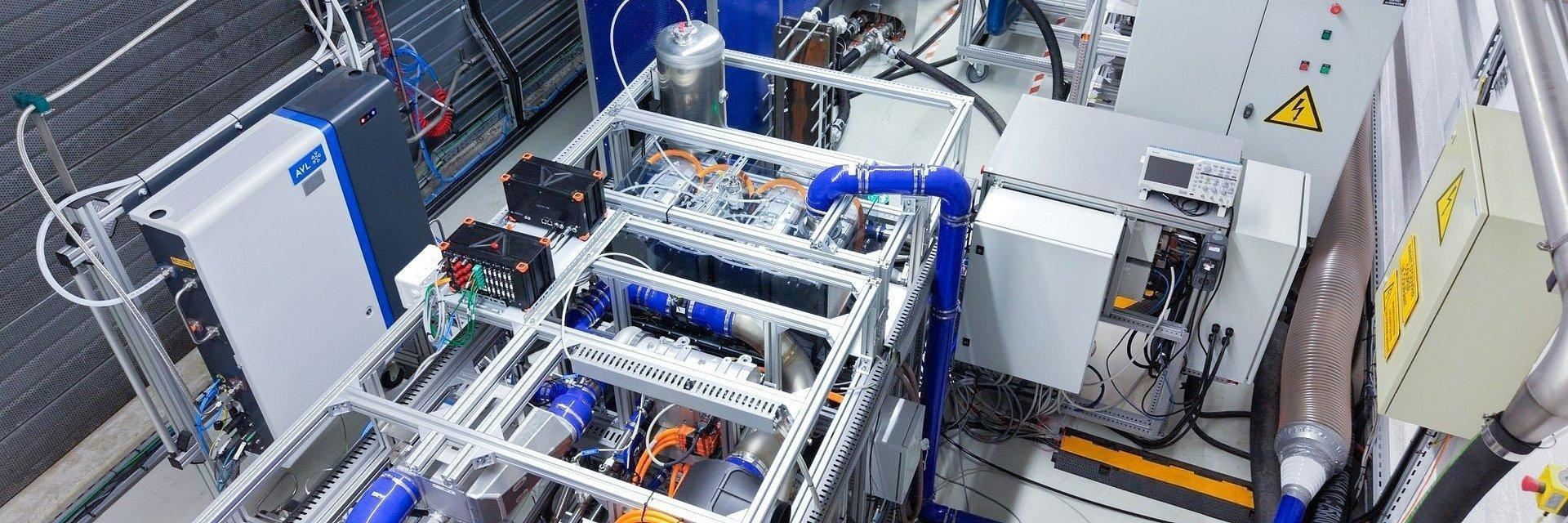AeroGenie — Your Intelligent Copilot.
Trending
Categories
Conflux Develops Heat Exchanger for Airbus ZEROe Project

Conflux Develops Advanced Heat Exchanger for Airbus ZEROe Hydrogen Aircraft
Conflux Technology has become a key contributor to Airbus’s ambitious ZEROe project by developing a next-generation heat exchanger tailored for hydrogen-electric propulsion systems. Manufactured through additive techniques, this innovative component is currently undergoing a readiness assessment and is designed to manage the substantial thermal loads produced by megawatt-class hydrogen fuel cells.
Engineering for Thermal Management in Hydrogen Propulsion
Thermal regulation is critical to both the performance and safety of hydrogen-powered aircraft, as fuel cells generate significant heat during operation. Conflux’s heat exchanger addresses this challenge by combining lightweight construction with high efficiency, engineered specifically to endure the rigorous conditions of aerospace environments. The design process incorporated advanced computational fluid dynamics (CFD) modeling and extensive laboratory validation, resulting in a compact, high-performance unit optimized for integration into flight systems.
Michael Fuller, CEO of Conflux Technology, emphasized the significance of the partnership with Airbus, describing it as a pivotal advancement for sustainable aviation. He noted, “Thermal management is a core enabler for hydrogen propulsion, and our expertise is helping to advance this technology from lab to flight.” This collaboration marks a notable milestone in applying additive manufacturing to the development of next-generation aerospace components.
Challenges and Industry Implications
Despite the promise of Conflux’s heat exchanger, integrating such advanced thermal management systems into existing aircraft architectures presents considerable challenges. The company must ensure compliance with stringent aviation safety standards while scaling the technology to meet the complex cooling requirements of hybrid-electric aircraft systems. These factors remain central to the ongoing development and certification efforts.
The market has responded with increased interest in Conflux’s technology, recognizing its potential to accelerate the adoption of sustainable aviation solutions. Competitors are expected to intensify their efforts to develop rival thermal management systems and secure partnerships with major aerospace manufacturers. Airbus’s broader strategy, which includes collaborations with firms such as Centech and engagement in open innovation hubs, reflects a commitment to fostering industry-wide partnerships aimed at expediting the deployment of next-generation aerospace technologies.
The ZEROe programme represents Airbus’s flagship initiative to deliver the world’s first hydrogen-powered commercial aircraft, targeting a fully electric, zero-emission platform for entry into service within the next decade. The success of this endeavour depends heavily on suppliers like Conflux providing critical components that meet the highest standards of safety, efficiency, and certifiability.
Conflux’s heat exchanger is currently under consideration for integration into Airbus’s complete hydrogen fuel cell architecture, with further system-level testing scheduled in the coming months. This collaboration underscores both the opportunities and complexities inherent in pioneering sustainable aviation technology.

Emirates Unveils Cabin Design for New Boeing 777X

Eighteen Years On, the Airbus A380 Remains Central to a $34 Billion Airline

How a boom in luxury airline seats is slowing down jet deliveries

Navitaire Outage Attributed to Planned Maintenance

DigiYatra Debuts Outside Aviation at India AI Impact Summit

Vietnam Orders Strengthen Boeing’s Commercial Outlook

Airbus Signals Uncertainty Over Future A400M Orders

JobsOhio Awards $2 Million Grant to Hartzell Propeller for Innovation Center

Collins Aerospace Tests Sidekick Autonomy Software on YFQ-42A for U.S. Air Force CCA Program

How the Airbus A350-1000 Compares to the Boeing 777
